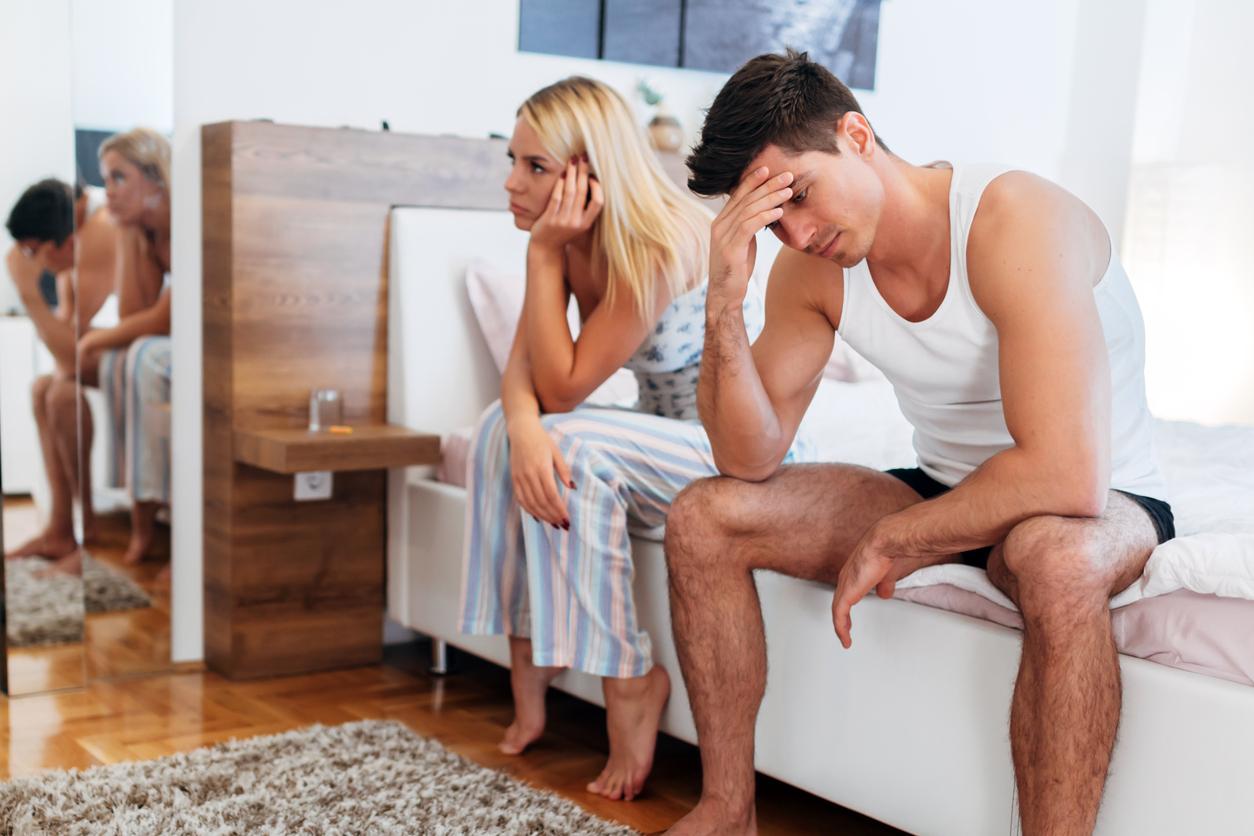Why one in five adults aren’t having sex
It's a problem people don't talk about

Your support helps us to tell the story
From reproductive rights to climate change to Big Tech, The Independent is on the ground when the story is developing. Whether it's investigating the financials of Elon Musk's pro-Trump PAC or producing our latest documentary, 'The A Word', which shines a light on the American women fighting for reproductive rights, we know how important it is to parse out the facts from the messaging.
At such a critical moment in US history, we need reporters on the ground. Your donation allows us to keep sending journalists to speak to both sides of the story.
The Independent is trusted by Americans across the entire political spectrum. And unlike many other quality news outlets, we choose not to lock Americans out of our reporting and analysis with paywalls. We believe quality journalism should be available to everyone, paid for by those who can afford it.
Your support makes all the difference.It’s normal to go through phases of your life when you’re having more and then less sex, whether that’s by choice or not.
And sex is powerful in many ways: studies have found that people who have more sex tend to have higher life satisfaction, quality of life and self-esteem.
On the other side of the coin, researchers have found links between lack of sex and depression, relationship problems and psychological distress.
70 years ago, sexologist Alfred Kinsey conducted what was to become a landmark study which found that 19 per cent of adults were not having sex.
Decades on, the 2013 National Survey of Sexual Attitudes and Lifestyles (Natsal) found that Brits were having less sex than we used to, and more recently in 2015, a study by Relate found 51 per cent of people hadn’t had sex in the previous month.
So why aren’t people having sex?
Medical problems often lead people to abstain from sex, with heart disease, chronic pain, metabolic conditions, personality disorders, substance abuse and poor sleep quality all cited as reasons, according to The Conversation.
With heart disease, for example, many sufferers fear sex could bring on a heart attack so tend to avoid it.
What’s more, taking certain medications, such as anti-depressants, have been linked to reduced libido which then contributes to sexual avoidance.
There are differences between the genders too, with studies having found that women are more likely to avoid sex than men - up to 40 per cent will do so at some point in their lives. And this divide begins in adolescence.
Reasons for this vary, but some of the more common ones for women are pain, fear of sexual violence, low libido or memories of childhood sex abuse. Some pregnant women also avoid sex because they’re worried about harming the foetus.
Although less common, some men aren’t having sex for their own reasons, including erectile dysfunction, chronic medical conditions and simply lack of opportunity.
Loneliness can of course, for both genders, lead to sexual frustration, and many people who don’t have a sexual partner turn to porn, which can negatively affect their real sexual performance over time.
Age is a factor too, with many older people believing they’re simply “too old” for sex, although this is not the case for all.
Of course, not having sex isn't a problem if you're happy, but a study last year found that only 64 per cent of Brits are happy with their sex lives - or lack thereof.
In our highly sexualised society, people don’t really talk about the sex they’re not having. But experts believe this shouldn’t be the case. If you have concerns about your health and sex life, talk to your doctor.
Join our commenting forum
Join thought-provoking conversations, follow other Independent readers and see their replies
Comments